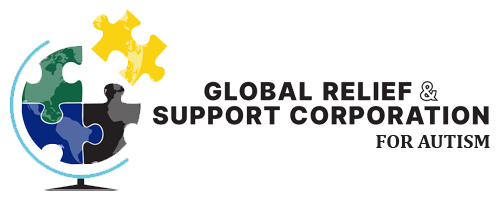Introduction
Autism, or Autism Spectrum Disorder (ASD), is a complex neurological condition that affects individuals in various ways. While symptoms can manifest differently from person to person, early diagnosis and intervention can make a significant difference in the lives of those with autism. In this blog post, we will be discussing a self-assessment tool designed to help parents and teenagers gain a better understanding of autism in adolescents.Understanding Autism in Teens
Autism is a lifelong condition that is typically diagnosed in early childhood. However, some individuals may not receive a formal diagnosis until their teenage years. Understanding the signs and symptoms of autism in teens can be challenging, as many behaviors can overlap with typical adolescence. This self-assessment tool can provide valuable insights and help initiate conversations about autism in teenagers.The Self-Assessment Tool
This self-assessment tool is not a substitute for a professional diagnosis but can serve as a helpful resource to identify potential signs of autism in teens. It is designed to be completed collaboratively by both the teenager and a trusted adult, such as a parent, guardian, or teacher.Teenager's Self-Assessment:
Scoring and Interpretation:
After completing the self-assessment, calculate the total score for each respondent. You can do this by adding up the scores for each question.- A total score of 0-10 suggests minimal concerns.
- A total score of 11-20 may indicate mild concerns.
- A total score of 21-30 suggests moderate concerns.
- A total score of 31-40 may indicate significant concerns.

